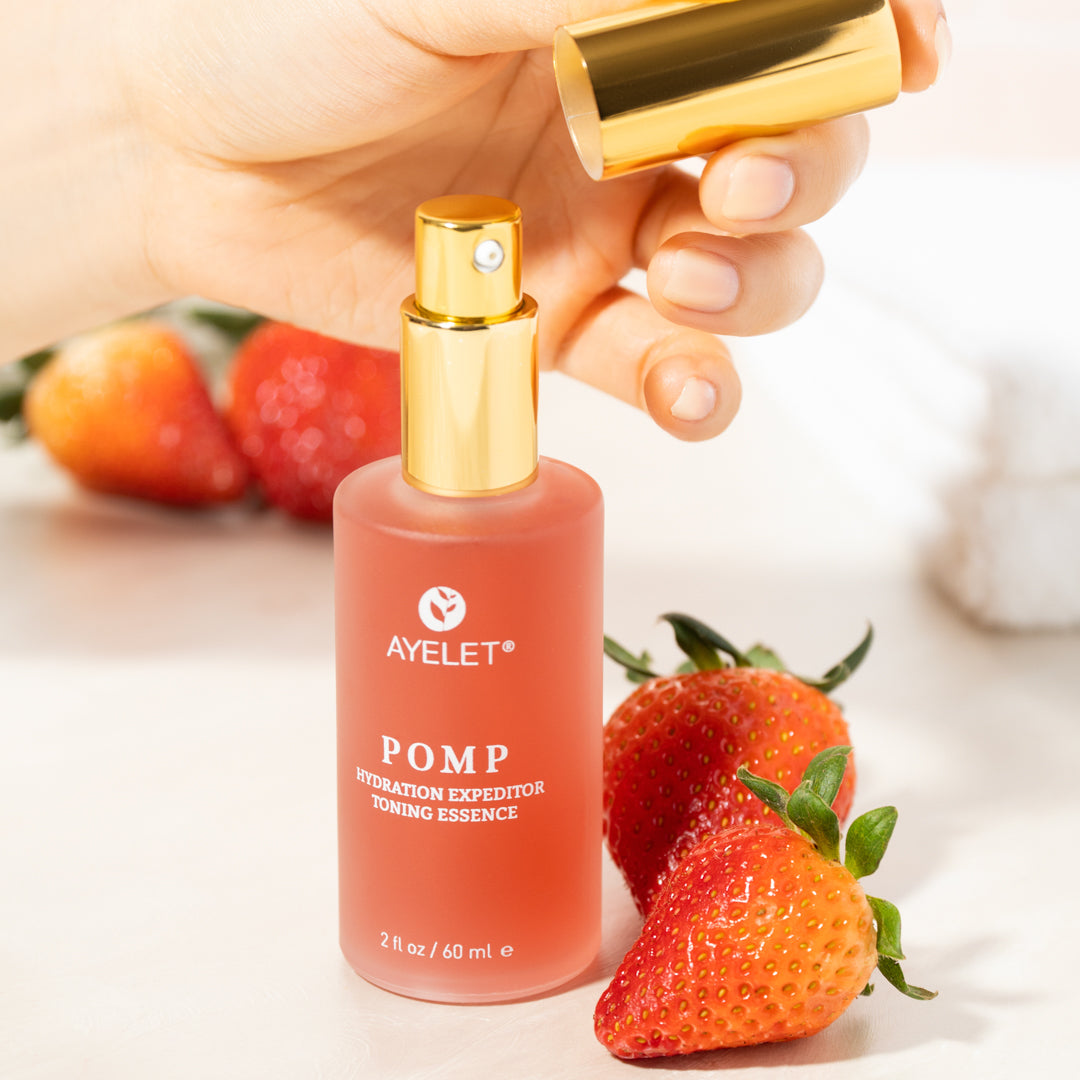Peptides and polypeptides are both essential components in various biological and cosmetic contexts, particularly in skincare. Here’s a breakdown of their differences and uses:
Peptides
- Definition: Peptides are short chains of amino acids linked by peptide bonds. They usually consist of 2-50 amino acids.
- Function: In skincare, peptides act as signaling molecules that can stimulate collagen production, improve skin elasticity, and reduce the appearance of wrinkles.
-
Types:
- Signal peptides: Promote collagen production.
- Carrier peptides: Deliver trace elements like copper to the skin.
- Neurotransmitter-inhibitor peptides: Relax facial muscles, similar to Botox.
Polypeptides
- Definition: Polypeptides are longer chains of amino acids, typically consisting of 50 or more amino acids. When these chains fold into a functional shape, they form proteins.
- Function: Polypeptides in skincare can improve the skin's barrier function, promote hydration, and support skin repair processes.
-
Types:
- Structural proteins: Such as collagen and elastin, provide structural support to the skin.
- Enzymatic proteins: Aid in metabolic processes, including skin repair and renewal.
Key Differences
- Length: Peptides are shorter (2-50 amino acids) compared to polypeptides (50+ amino acids).
- Complexity: Polypeptides are more complex and can form complete proteins, while peptides are simpler and often act as signaling molecules.
- Function: Peptides mainly function as messengers in the skin, stimulating various processes. Polypeptides can act as more substantial structural and functional components.
Usage in Skincare
- Peptides: Used in anti-aging products to stimulate collagen production, improve skin texture, and reduce wrinkles.
- Polypeptides: Found in formulations aimed at enhancing skin structure, hydration, and overall skin health.
Both peptides and polypeptides play crucial roles in maintaining and improving skin health, making them valuable ingredients in skincare formulations.


